I know…it’s March! And Pet Dental Health month is February, but the reality is that we should be discussing pet dental health year-round. Not to mention, I recently had an opportunity to interview Dr. Katy Burr, on-staff veterinarian from Trupanion, and she had some excellent nuggets of information that I couldn’t wait another year to share with you!
Without further adieu, let’s get started!
If pet parents could learn one new thing about pet dental health today, what would that be?
Pet parents should be aware that poor pet dental health, or periodontal disease, is one of the leading causes of disease in our pets. Additionally, periodontal disease is often not treated until late in the disease process. I highly recommend that pet parents become all about preventative care. Which means, brushing their pet’s teeth, looking in their mouth regularly, and having annual checkups with their veterinarian.
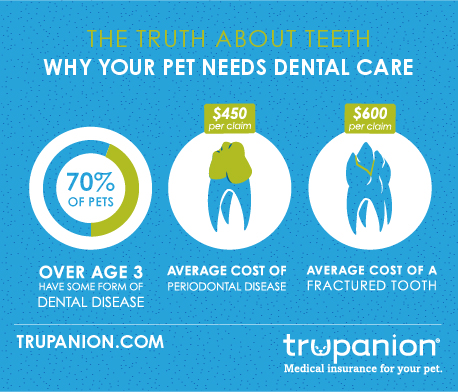
What is a veterinarian looking for when checking your pet’s teeth during the annual exam?
Signs of periodontal disease to look for:
- gingivitis: redness and swelling in the gums or any bleeding
- Bad breath
- Calculus and tarter buildup
- painful while eating or not wanting to eat
- Swelling on their face
- Drooling or dropping food out of their mouth
- weight loss
For the busy pet parent, how often should they brush their pet’s teeth?
Plaque (bacteria films) form on a pet’s teeth the same way it does on people. Therefore, we recommend brushing every day, so that calculus never has a chance to form. However, we know that every day isn’t always a possibility, so at a bare minimum, you should be brushing your dog’s teeth twice a week.
Do you have any tips for increasing the success for teeth-brushing (i.e. getting pet parents to brush their pet’s teeth the recommended amount)?
Make it a part of your routine! One of the best things you can do is put the brush and toothpaste in a place you visit every day.
Additionally, get your pets acclimated to teeth brushing early, and take the appropriate steps to make sure there is a lot of positive reinforcement associated with teeth brushing.
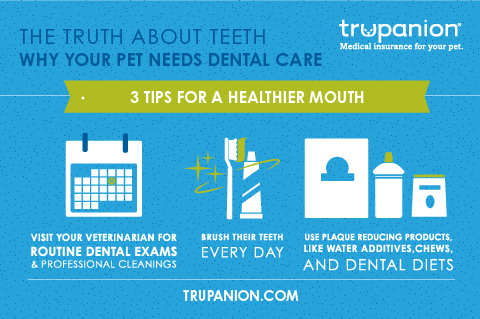
Do you have any brands you recommend for toothpaste?
C.E.T is a great brand of toothpaste. Many dogs like the taste, which makes the process of brushing their teeth much easier!
I highly recommend looking for a VOHC (Veterinary Oral Health Council) seal on toys or products. The VOHC seal ensures that the products actually reduce plaque and tartar. They also have a dedicated page on their website where you can look up products for dogs and cats.
What is your opinion regarding the efficacy of dental chews?
When used in conjunction with other parts of dental care: brushing, professional cleanings, etc. they can be effective in preventing the advancement of periodontal disease in pets.
I would caution pet parents to keep an eye out for the really hard dental chews. Some are harder than teeth and can crack their teeth.
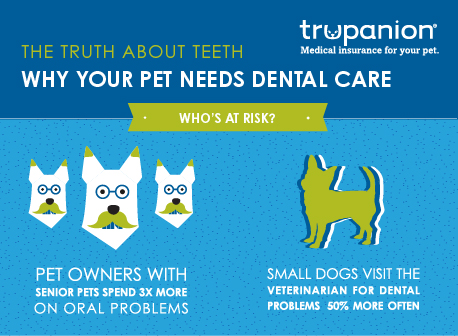
Rooney is what I would describe as a tough chewer, what kind of chews would you recommend for for Rooney?
For tough chewers, I recommend the C.E.T rawhides. They last a few days, and can help reduce tartar on your pet’s teeth.
(As a side note, while cats can be picky, I have good luck with Greenies.)
I personally don’t recommend gentle dentals, what do you think pet parents need to know about this common service?
Speak with your veterinarian about dental health and what your veterinarian offers. However, the biggest concern with “gentle” or “anesthesia-free” dentals is the inability to clean under the gumline. Addressing the periodontal disease under the gum line is important for preventing ligament and bone loss due to the severity of the disease. To put it simply, it’s equivalent to a person who never flosses. Their teeth may appear clean, but they are going to suffer from tooth decay.
I think it’s also imperative to note the importance of polishing when performing a dental. During a dental when the pet is under general anesthesia the teeth are scaled (or cleaned) by removing plaque and tartar either with a hand scaler or with an ultrasonic scaler (the kind used for human teeth cleanings) or a combination of the two.
The scaling process is very important to remove built up calculus and plaque deposits to decrease bacterial colonies, but this process creates microgrooves in the surface of the enamel. These grooves, if not addressed, can actually lead to plaque and bacterial colonies forming on the tooth more quickly as it’s easier for the bacteria to become established in those tiny grooves that can’t be easily reached with tooth brushing or dental chews.
Polishing is the final step in the dental cleaning, and extremely important to smooth out all those microgrooves. Polishing involves using a very fine grit applied in a rubber cup rotating at high speeds on all surfaces of every tooth. This process is loud and creates an odd vibrating sensation in the mouth, so it is very difficult to correctly polish the teeth when the pet is not under anesthesia. For this reason, if the teeth cannot be properly polished after a “gentle” dental, there may actually be risk of dental disease progressing more quickly for the pet.
You can read more about why I think pet’s shouldn’t have gentle dentals here.
How does periodonatal disease affect a pet’s overall health?
The bacteria present in your pet’s mouth can enter into the bloodstream and spread systemically, damaging the kidney and liver.
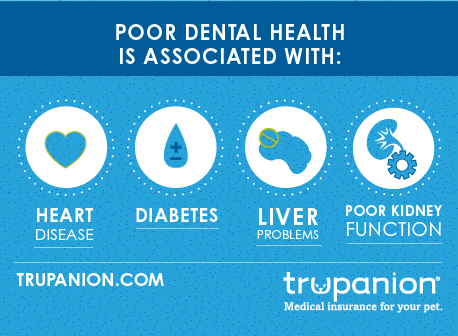
You can read more about the importance of a pet dental here.
Do you recommend pet parents understand the importance of dental x-ray?
I think Dental X-ray is important to your pet’s veterinary dental care. Make sure to ask your veterinary about their dental x-ray set up. Specifically, ask your veterinarian how they perform dental x-ray and if it is included in the payment. The reason dental x-ray is important is that it assesses the overall health of the mouth and provides information about the health of your pet’s mouth below the gum line.
I want to thank Dr. Burr for sharing such valuable information with our readers!
What did you learn about pet dental health today?



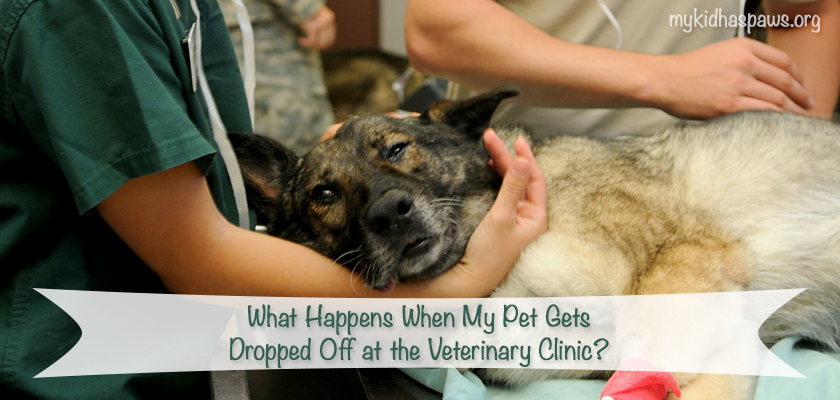
Melissa Clinton
March 5, 2017 at 11:45 amGreat information! I try to be diligent with the boys’ teeth. Thankfully, they like it. It took Pierre some time to get on board but he’s good now.
Melissa Clinton recently posted…Dr. Seuss and Read Across America Day
Kate
April 7, 2017 at 9:15 pmHello Rachel, I agree with your thought that every pet parent should always be aware about the pet dental health or periodontal disease and become preventative care. Your blog will be really helpful for the pet parents. Keep sharing!